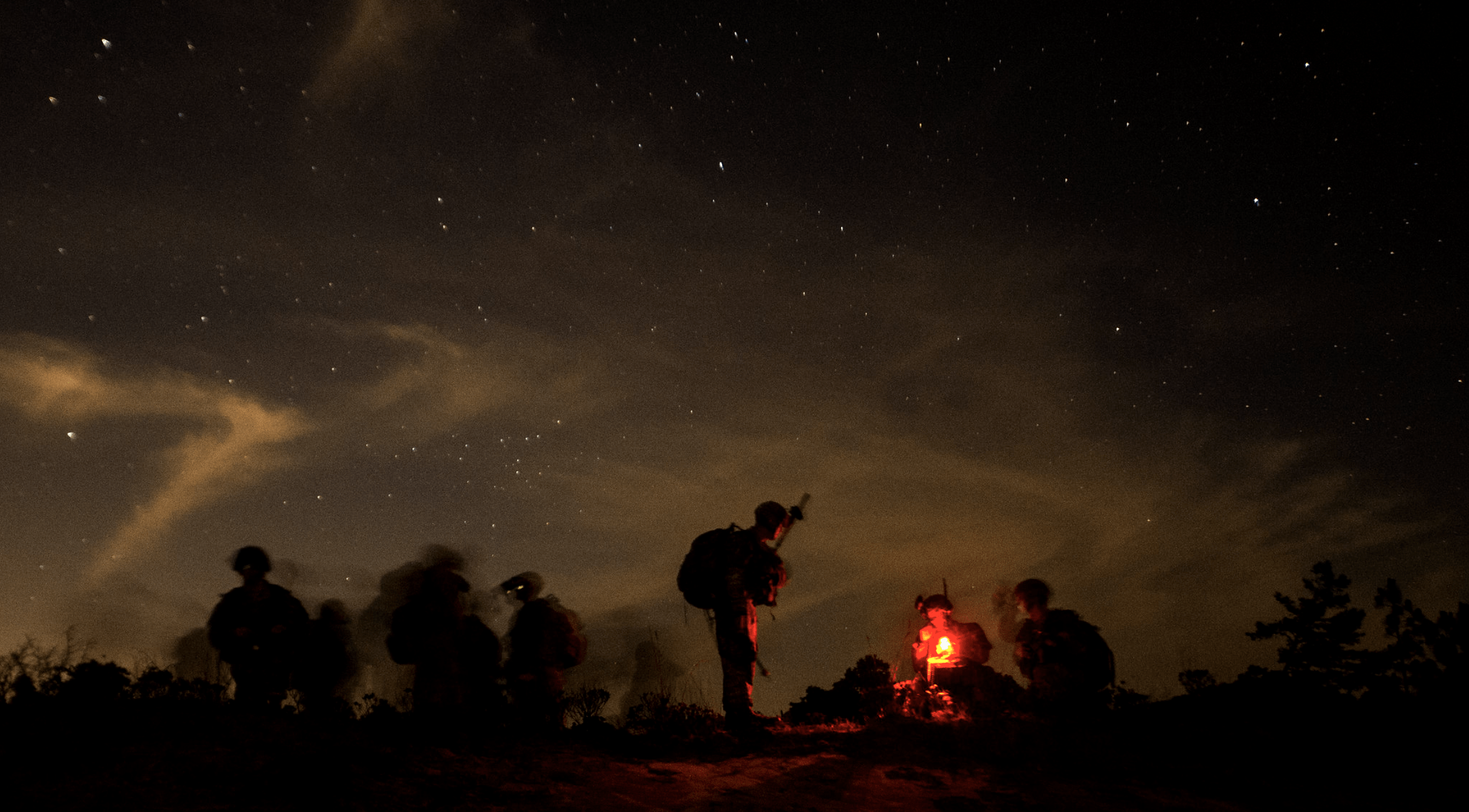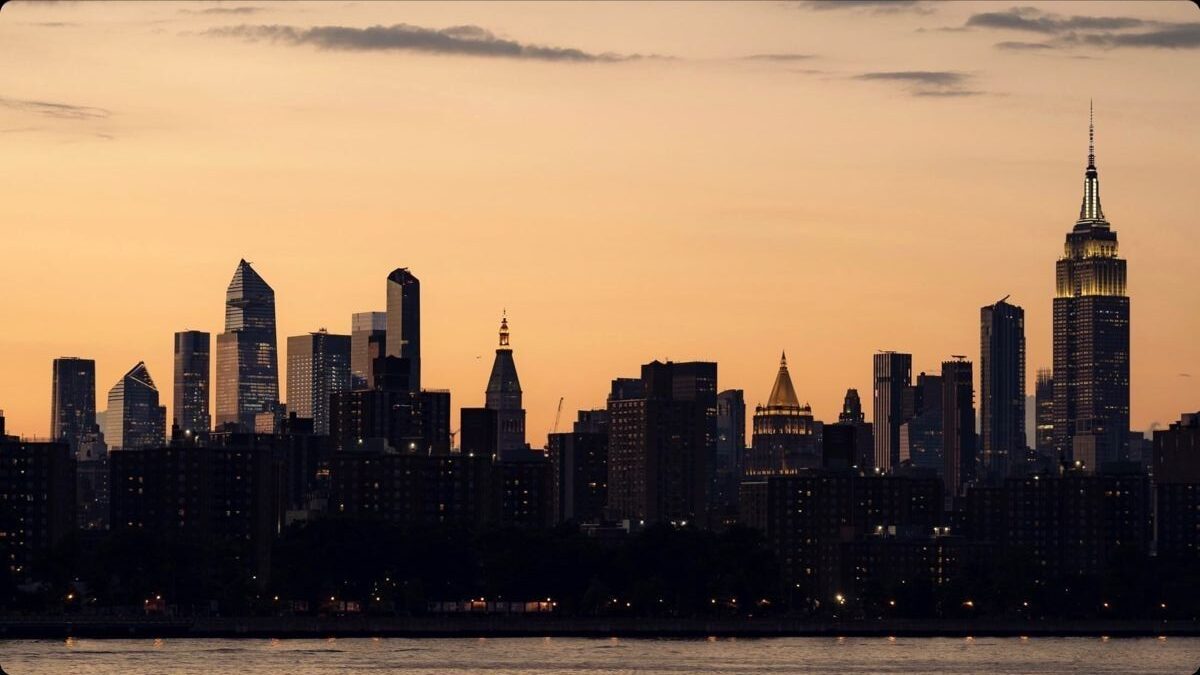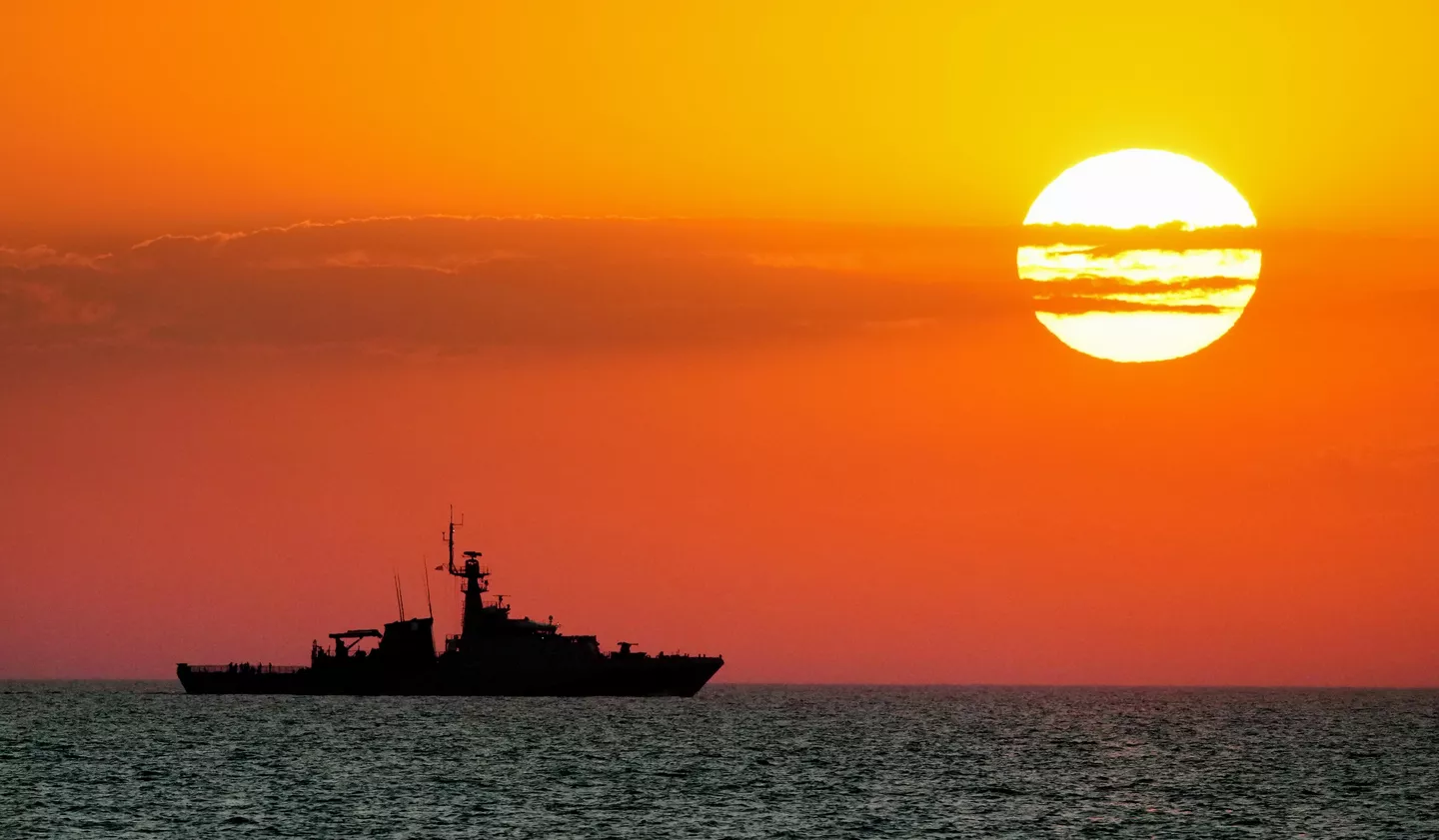“In Afghanistan as well, many people, especially in urban areas, liked the idea that the West would now intervene and put an end to their suffering. Democracy—this word gave the Afghans new hope, even if they could not imagine anything concrete about it. Yes, maybe just, free elections, but that was something. They had long since grown tired of war” wrote Cem Sey 20 years after the September 11 terrorist attacks.*
By 2006, when he visited Kabul, the mood had shifted: “Afghans complained about corruption and the abuses committed by the US military. Everyone was also talking about self-appointed bounty hunters from the US, kidnapping people in Kabul and torturing them in secret basements to get clues about Taliban leaders wanted by the FBI. Stories circulated about individual US soldiers running amok, raiding homes at night (…) Airstrikes on weddings or other incorrect targets in villages proliferated, with dozens of civilian casualties. (…)The US also came under criticism because it joined forces with warlords in order to achieve its goals. Large amounts of money flowed from Washington to Afghanistan, most of it into the pockets of people who owned private armies and behaved like petty princes.”*
Prior to US invasion, Afghanistan was a country in the grip of a bloody civil war. The Taliban – regarded as a proxy for Pakistan – would regularly shell the capital, Kabul. Meanwhile, the south was ruled by various Pashtun tribes, whose rivalries led to a state of lawlessness in the area. States which are unable to meet the economic, social, and political needs of a stable society, like Afghanistan once was, are called fragile (or weak) states. Their citizens are very vulnerable to widespread violence and human rights abuses. This usually takes the form of torturing political prisoners, many of whom are innocent people whose only ‘crime’ was voicing their dissent against the government.
What would you feel if someone you knew and loved was in one of those prisons? What if that person was your father, or your little brother? Would you be willing to accept anything, including foreign invasion,to save them? Or would you want your country to be free to exercise its own agency?
After the September 11 terrorist attacks, President George W. Bush wrote: “The events of September 11, 2001, taught us that weak states, like Afghanistan, can pose as great a danger to our national interests as strong states. Poverty does not make poor people into terrorists and murderers. Yet poverty, weak institutions, and corruption can make weak states vulnerable to terrorist networks and drug cartels within their borders”. President Bush believed that weak states are not only a danger to their own citizens, but rather a threat to other countries too; therefore it was justified to intervene in Afghanistan in order to protect the people and interests of the United States of America.
One can argue that this was a knee-jerk reaction instead of a carefully thought out one. Among cries to punish Osama Bin Laden and Al-Qaeda for the loss of many innocent lives, and narratives with slightly medieval undertones claiming Bush had been ‘chosen by God to lead a war of good against evil’, the US invaded Afghanistan. What did they achieve? 20 years of bloodshed. A country in a worse spot than it was in before. Trillions of dollars lost**.
All this, in the name of vengeance. There was also widespread support for the idea that democracy should be imposed on other states. This logic is flawed, because retaliation does not necessarily involve forced democratisation. Perhaps it was being pushed to provide a sort of humanitarian aid to the people of Afghanistan, in a rare showcase of genuine goodwill from the US government, which many would believe unlikely. Whatever their agenda was, was it justified to impose democracy and consequently, take away the free will of the people of Afghanistan? No matter how good their intentions were, who’s to say Americans aren’t invaders from an Afghan point of view, which justifies fighting back?
All of these are questions without an easy, definitive answer. The US chose to enter a 20-year War on Terror, when their retaliation could only have involved a special operation to incapacitate Bin Laden and dismantle Al-Qaeda. Their approach only brought more pain and instability to the region, creating more terrorist factions starting civil wars across the Middle East, enabling the former powers of the Cold War to use these factions as proxies, elevating political tensions globally and leading to many more innocent lives lost compared to the September 11 attacks (408,000 civilians lost in the Middle East since 2001*** vs. 2.977 on 9/11).
Of course, one would feel horrible comparing death tolls, when the loss of only one life is an earth-shattering tragedy for some. I’m not saying that the lives lost in 9/11 were insignificant. How could I, when every single one of those 2977 people were someone’s whole world? In the same way, every single one of the 408,000 innocents were also someone’s whole world.
But, remember when you thought you would give anything to save your brother from prison?
I bet you still do. It’s natural. We will always seek to protect those we know and love over those we don’t.
Then, if your country was caught in a vicious circle of corruption, violence, and instability, you would theoretically be willing to trade your agency for your brother’s life. Maybe you would even welcome the invaders. Many don’t.
Afghans chose to fight back against the US invaders, knowing that they will have to sacrifice their own people. Turks fought back against a multitude of European invaders a century ago, and against all odds, they won. Even the US themselves wanted to be free of British influence and to exercise their own agency, so they fought to gain independence and won.
It’s difficult to argue that one shouldn’t fight for sovereignty when examples like these prove that it is possible for former fragile states to rise from their ashes without foreign intervention, and usually despite foreign intervention. The collapsing Ottoman Empire left behind a ruin rife with political and economic instability, and no real centralised power. All it took to build a country significantly more stable than its predecessor was a strong leader, future-minded government officials, and a people willing to sacrifice themselves and their brothers for a better future.
Everything comes at a price. Sometimes that price is so high that nobody wants to pay it. However sad it is, you can’t get what you what without first paying, and it’s up to you to decide what you can and can’t give up.
*Sey, Cem. “The Afghanistan Disaster – an Eyewitness Analysis – RLS-NYC.” RLS-NYC, 24 Sept. 2021, rosalux.nyc/the-afghanistan-disaster-an-eyewitness-analysis/. Accessed 27 Jan. 2025.
**Brown University. “Human and Budgetary Costs to Date of the U.S. War in Afghanistan, 2001-2022.” The Costs of War, Brown University, Aug. 2021, watson.brown.edu/costsofwar/figures/2021/human-and-budgetary-costs-date-us-war-afghanistan-2001-2022.
***Watson Institute. “Civilians Killed & Wounded | Costs of War.” Brown.edu, 2011, watson.brown.edu/costsofwar/costs/human/civilians.



